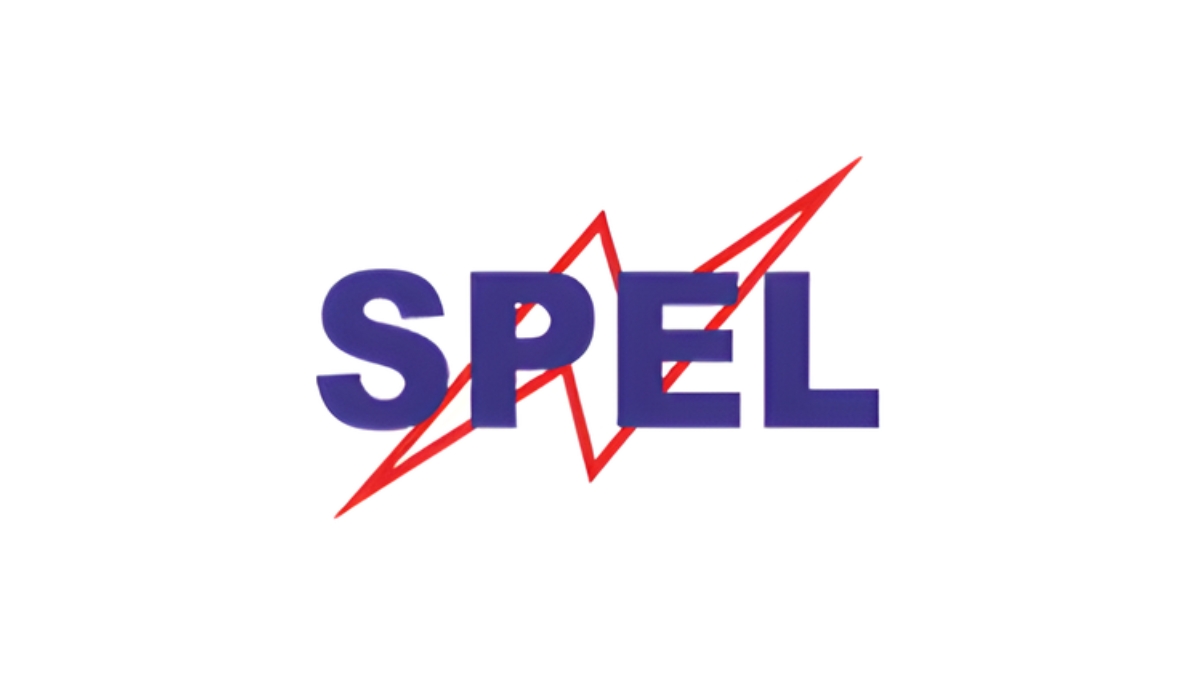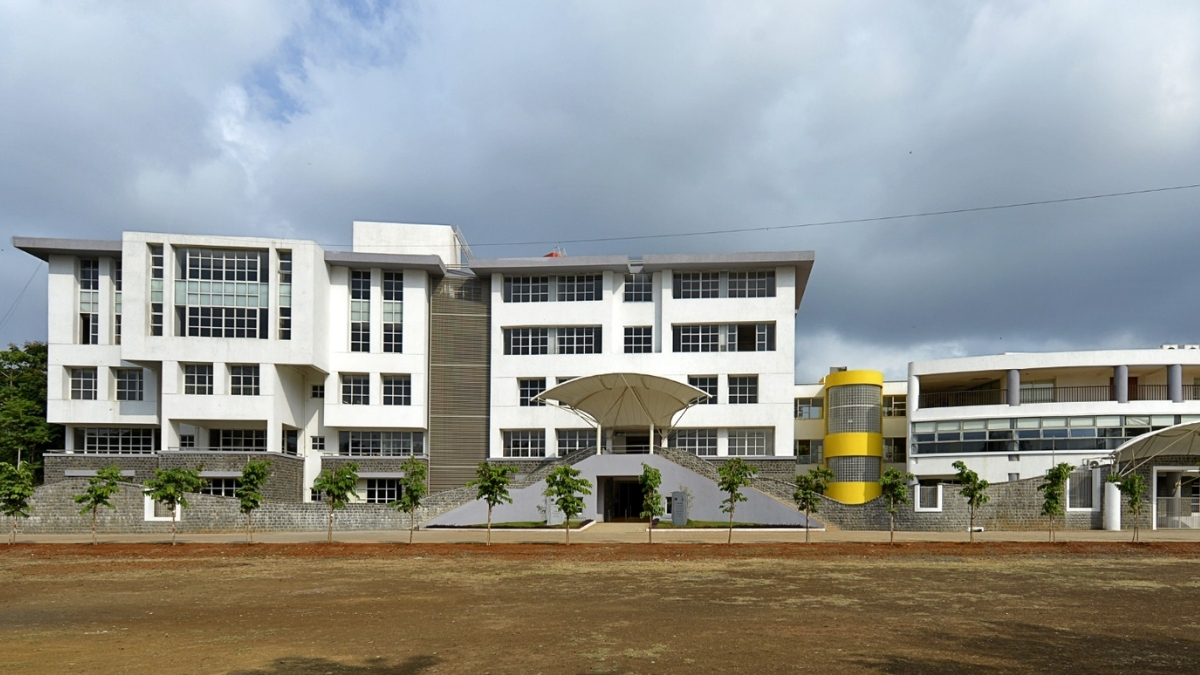
New Delhi [India], November 28: The journey from concept to construction is a complex and vital process that encompasses several key stages, including pre-construction, project initiation and planning, site selection and analysis, and budgeting and financing. Each of these stages is crucial for transforming an idea into a physical structure that meets the needs of our growing urban environments. However, navigating this path often presents significant challenges, particularly due to the intricate regulatory landscape that governs construction practices.
Historically, the regulatory environment has been characterized by a multitude of governing bodies and inconsistent enforcement of building codes. This fragmentation can lead to considerable delays in project approvals, inflated costs, and frustration among stakeholders. Developers frequently face the daunting task of obtaining clearances from various agencies, resulting in time overruns that hinder project timelines. The lack of a unified regulatory framework exacerbates these issues, making it essential to explore innovative solutions that can streamline the compliance process.
Technology emerges as a powerful ally in addressing these challenges. Automated compliance checking is revolutionizing the construction landscape by enhancing efficiency and ensuring adherence to regulatory standards. By digitizing workflows and automating the validation of building designs against local regulations, stakeholders can significantly expedite the permitting process. Advanced algorithms analyse plans with remarkable accuracy, identifying potential code violations early in the planning phase. This proactive approach minimizes rework and fosters a culture of compliance throughout the construction process.
During project initiation and planning, technology plays a pivotal role in defining objectives and timelines. Project management tools streamline these processes, while analytical tools assess environmental impacts in real-time. This ensures that projects align with local regulations from the very beginning. As we move into site selection and analysis, Geographic Information Systems (GIS) mapping provides data-driven insights that integrate environmental data with zoning regulations. Automated soil analysis tools offer quick assessments of site conditions, enabling informed decision-making.
In terms of budgeting and financing, Building Information Modeling (BIM) tools are transforming how costs are estimated and managed. By combining design plans with material and labour costs, these tools facilitate accurate budgeting from the outset. Predictive analytics can identify potential financial risks early on, allowing teams to adjust their strategies proactively. Moreover, digital platforms enhance collaboration between developers and financiers, promoting transparency throughout the project lifecycle.
The regulatory approval stage is where technology truly shines. Automated compliance checking tools can scan designs for code violations and offer instant corrections before submission. Digital submission portals expedite approval tracking and significantly reduce administrative burdens. Real-time updates keep teams informed about any changes in regulations, ensuring projects remain compliant throughout their development.
Real-world examples illustrate how technology is reshaping compliance processes across various regions. For instance, some municipalities have implemented digitized approval systems that streamline processes and reduce project delays significantly. Similarly, cities leveraging automated compliance checking are enhancing urban planning efficiency while ensuring adherence to safety standards.
As we look towards the future of construction regulation, it is evident that embracing technology is not merely an option but a necessity. By integrating automated compliance tools into workflows, stakeholders can enhance efficiency while ensuring adherence to safety and regulatory standards across all stages of construction. This shift fosters transparency and accountability within the industry while contributing to the creation of resilient urban environments that meet community needs.
In conclusion, as urbanization continues to accelerate globally, leveraging technology to simplify the regulatory journey from concept to construction will be crucial for achieving sustainable growth. By embracing these innovations wholeheartedly, we can transform challenges into opportunities for progress in the construction sector.
About Author
Mr. Vijay Gupta, an IIT Mumbai alumnus, is the Founder, Chairman and Managing Director of SoftTech Engineers Limited. He holds an M. Tech degree from IIT Mumbai. Vijay strongly believes that technology has to be leveraged extensively to bring in speed, efficiency and transparency in the AEC (Architecture, Engineering & Construction) industry for private as well as public sector organizations. He has a rich experience of about 30 years in the development of cutting-edge BIM/ CAD/ CAE /Project Management Enterprise Software in the AEC domain.
About SoftTech Engineers
A leading IT company (www.softtech-engr.com) facilitating business and technology transformation across the AEC industry through innovative software products and solutions. Equipped with 25+ years of deep domain expertise and industry knowledge, SoftTech has helped more than 4500 clients & government organizations, with more than 25000 users in India and around the world to gain a competitive edge and lead from the front in the industry.
If you have any objection to this press release content, kindly contact [email protected] to notify us. We will respond and rectify the situation in the next 24 hours.








